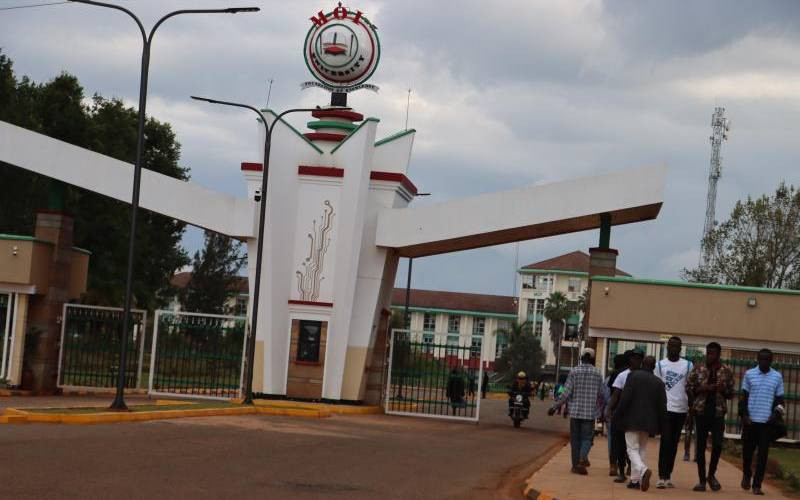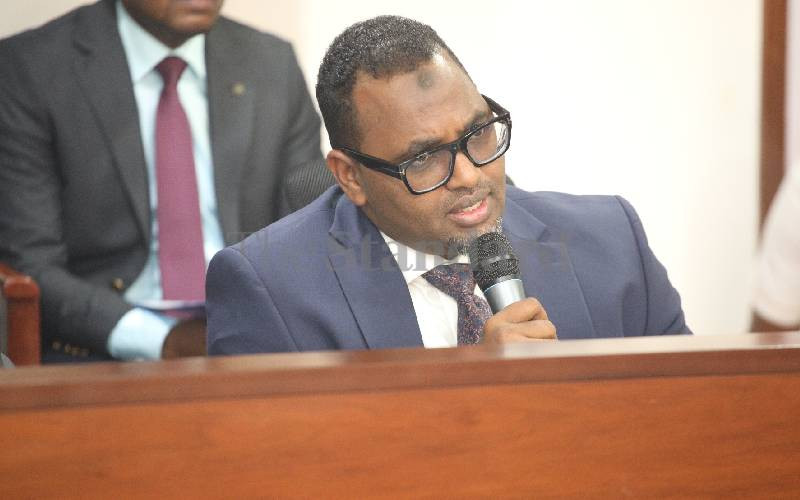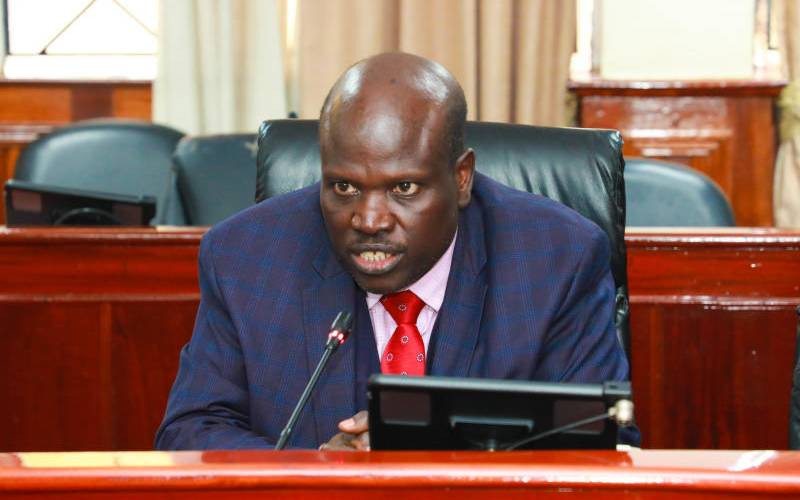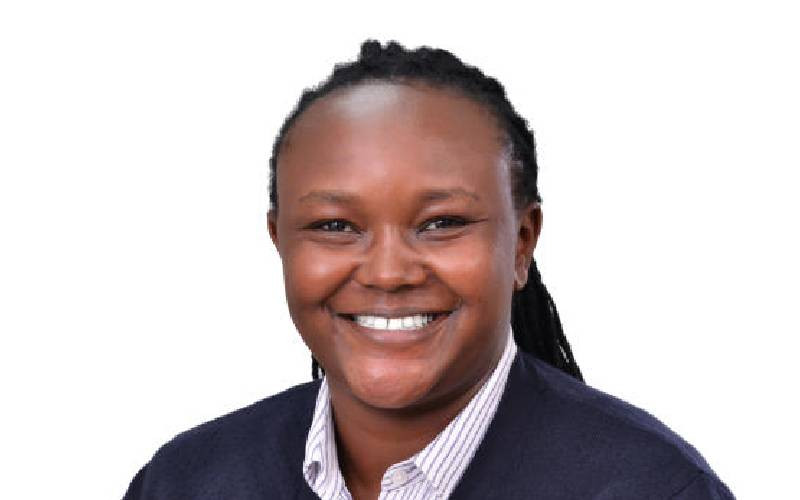
Universities are increasingly leaning on their graduates for financial, professional, and reputational support at a time when most of them are reeling under debt and management crises.
The University of Nairobi Alumni Association is preparing for its second annual 10-kilometer fundraising walk on September 27, 2025. Last year, the initiative raised Sh2.4 million, channelled to support needy students in an effort targeting Sh50 million.
“Alumni are the only stakeholders you cannot exchange. You might lose students, even dismiss faculty, and ownership might change, but alumni are there for a lifetime,” said Rocha Madzao, a former university leader.
His words reflect the growing recognition that alumni can shape the future of Kenya’s struggling higher education institutions.
Kenya’s public universities, including the University of Nairobi (established in 1970), Moi University (1984), Kenyatta University (1985), Egerton University (1987), Jomo Kenyatta University of Agriculture and Technology (JKUAT) (1994), Maseno University (2001) and Masinde Muliro University of Science and Technology – MMUST (2002), all face similar challenges.
Younger graduates, who form the majority of Kenya’s 70 percent employed university alumni, often grapple with debts, job insecurity, and high costs of living, limiting their ability to contribute financially.
As a result, many institutions are rethinking alumni engagement, shifting the focus from money to mentorship, internships, and knowledge exchange.
Mount Kenya University (MKU) has emerged as a trailblazer. This year, the university launched the MKU Alumni Awards, offering prizes of up to Sh6.4 million to outstanding graduates.
“We believe that alumni are not just our past, they are our present and our future. Every initiative, every reunion, every award, every webinar is designed to honour that truth. Together, we are unlocking infinite possibilities,” said Ms. Virginiah Musawa, MKU’s Director of Alumni Relations.
The awards celebrate alumni excelling in public service, leadership, innovation, and entrepreneurship. MKU Vice Chancellor Prof. Deogratius Jaganyi described alumni as “champions of change” and urged them to give back through mentorship, internships, and scholarships.
“By giving back, you empower others to succeed and ensure that our university continues to grow as a place of innovation, learning, and opportunity,” he said.
But while some universities are innovating, others are struggling to hold on. Moi University, once a powerhouse of academic excellence, is battling severe underfunding and leadership wrangles.
Its alumni, under the banner “Restore Moi University,” last year lobbied the Ministry of Education for sweeping reforms, including the removal of its vice chancellor and governing council.
Among its alumni are senior leaders such as Deputy President Prof. Kithure Kindiki, Health CS Aden Duale, Kericho Senator Aaron Kipkirui Cheruiyot, and Lugari MP Nabii Nabwera.
Kenya’s alumni networks are thus playing increasingly diverse roles. For some, like the University of Nairobi, the focus is on direct fundraising for students.
Stay informed. Subscribe to our newsletter
Prof. Laban Ayiro, Vice Chancellor of Daystar University, urged graduates not to abandon their alma maters despite the challenges.
“Even when your mother is blind, you don’t run away from her. Whatever the circumstances, she still remains your adorable mother,” he said.
Dr. Emily Kirwok, Director of MKU Eldoret Campus, framed alumni involvement as a balance:
“Reconnecting is not just about nostalgia; it is about inspiring alumni to support current students. We are saying, mentor, guide, and open doors. That is as powerful as a cheque.”
The University of Nairobi boasts perhaps the most star-studded alumni list, counting among its graduates President William Ruto, Nobel laureate Prof. Wangari Maathai, Raila Odinga, Martha Karua, and Equity Bank CEO James Mwangi. Such reputational capital is a reminder of how alumni success enhances institutional prestige.
“From boardrooms to grassroots, our graduates are our ambassadors,” a UoN student said John Kuria said.
Globally, alumni engagement has long been recognized as crucial. At a University of St. Gallen conference on alumni relations, experts agreed that engagement must go beyond transactional benefits.
“Successful alumni relations always start with identifying the value proposition for alumni. Emotional values of belonging, being embraced, and able to contribute are the important ingredients for a long-term relationship,” observed Dr. Philip Amuyunzu, a lecturer at MMUST.
Kenyan universities are slowly adopting models seen abroad, ranging from integrated alumni offices to independent associations.
The integrated model, common in the U.S., ensures almost 90 percent alumni engagement compared to about 40 percent for associations.
Yet both models face challenges in Kenya, particularly with younger alumni who frequently change jobs and locations, making it difficult to track them.
For some institutions, alumni are even stepping into governance, while others only invite graduates for events or projects. The trend is shifting toward formal roles such as advisory boards, though managing expectations remains critical.
“Frustrations that hamper alumni-school relations often come from unmet expectations of influence,” one education expert warned.
In the long term, alumni engagement is expected to evolve with life stages. Young graduates may offer time and networks, mid-career professionals can mentor and shape industry links, while retired alumni may focus on philanthropy.
But in a country where most universities are battling financial strain, it is clear that alumni support is no longer a luxury it is a necessity.
Prof. Ayiro emphasized that alumni networks may yet prove to be a lifeline if nurtured with care, trust, and mutual benefit.
“A founder can carry an institution only so far, and then others have to step in, even the alumni. That’s how an institution becomes one. Any institution’s alumni are key to its growth,” he said.







